
A single roadside moment can shift risk from company to family. Here is how to see it sooner and lead better.
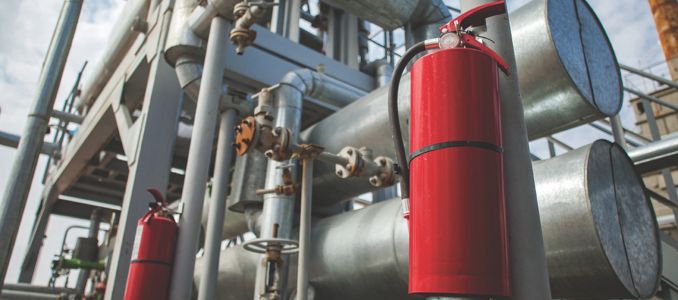
Two experts explain how digital fire training tools deliver realism, repeatability, and safety without disrupting operations—helping safety professionals build competence and confidence across diverse workplaces.
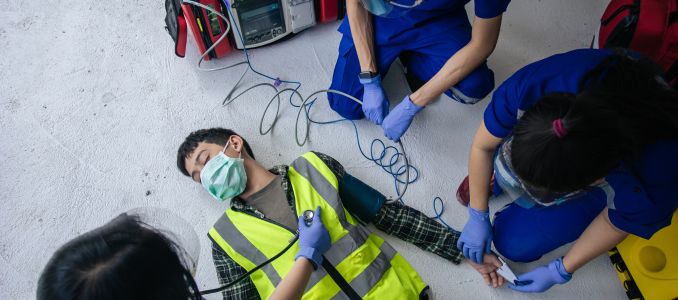
Fast action saves lives: equipping workplaces with AEDs and CPR training dramatically improves survival chances during sudden cardiac arrest.

When PPE fits well and supports employee wellness, workers feel valued, stay protected, and drive a stronger culture of safety, comfort, and compliance across every shift.
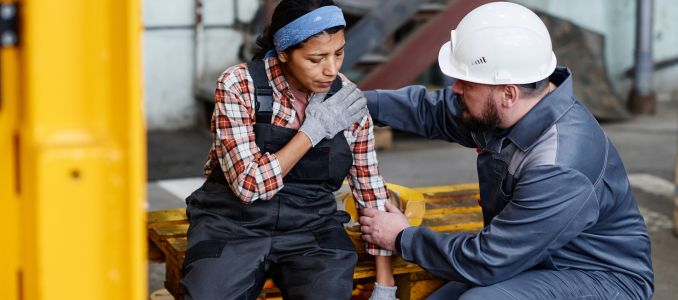
Pie Insurance’s latest workplace safety survey reveals key trends impacting small businesses, from rising injury costs to growing concerns about employee wellbeing.

Artificial intelligence can personalize study plans, generate adaptive practice questions, and offer real-time feedback — giving Certified Industrial Hygienist (CIH) and Certified Safety Professional (CSP) candidates a strategic edge.

The Labor Department is funding skills programs in shipbuilding, manufacturing, construction, and other critical sectors to strengthen workforce readiness and improve safety outcomes nationwide.
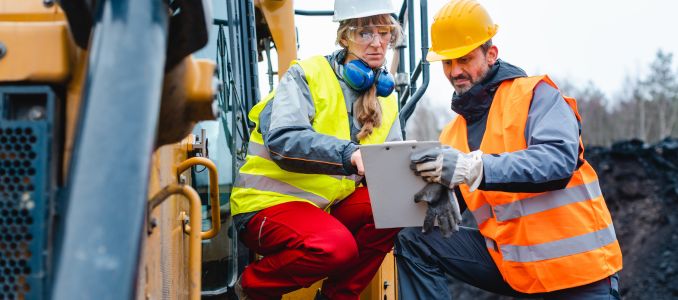
The Labor Department has awarded $250,000 in Brookwood-Sago grants to three institutions to support mine safety training and reduce workplace hazards.
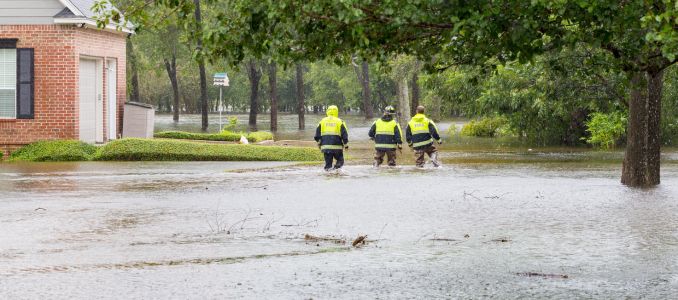
Federal grant funding will support disaster cleanup jobs and workforce training in Texas communities hit hard by deadly summer flooding, with safety playing a critical role in recovery efforts.

New resources and enforcement initiatives aim to strengthen safety standards, improve compliance for employers, and better support workplace health for millions of U.S. workers.

As daylight hours decrease and routines shift, employees face higher risks of fatigue, mood changes, and reduced alertness. Employers who proactively address seasonal challenges can improve safety, morale, and productivity throughout the fall and winter months.
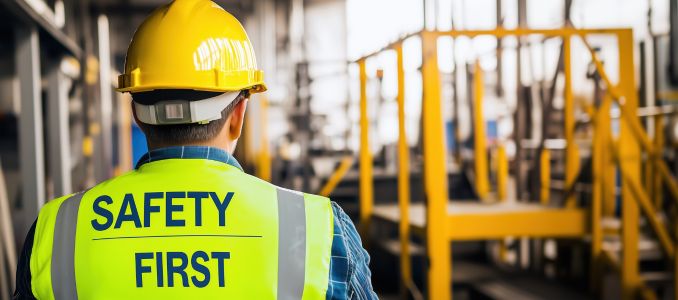
More than fifty years after the OSH Act, OSHA’s mission to protect workers remains critical as industries face new hazards, evolving technologies, and climate-related risks.

Preview the education program at the 2025 NSC Safety Congress & Expo in Denver, Sept. 15–17, featuring technical sessions, professional development seminars, Learning Labs, and OSHA’s Top 10 session.

A new memorandum of understanding aligns credentials between the Board of Certified Safety Professionals and the Institution of Occupational Safety and Health, creating greater opportunities for career advancement and international recognition.

MSHA’s FY 2025 State Grants Program will fund training for miners nationwide, prioritizing small operations, critical mineral projects, and statutory rights education.
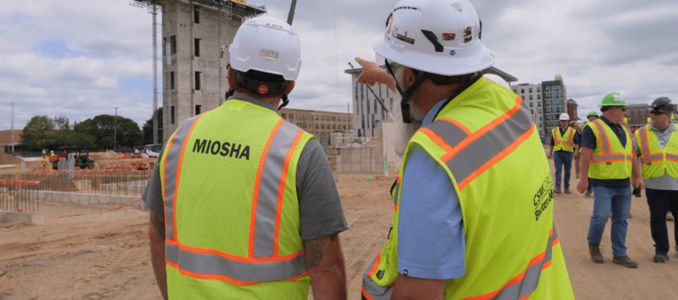
Three major Michigan projects—including a $515 million event center and a downtown Detroit high-rise—are teaming up with MIOSHA to proactively reduce injuries through voluntary safety partnerships.

OSHA cited Progressive Converting Inc. with repeat and serious violations totaling $280K in proposed penalties following a worker’s finger amputations.

Renowned relationship expert Shasta Nelson will deliver the Safety 2025 opening keynote on fostering trust, collaboration, and connection in the workplace.

The ASSP Professional Development Conference & Expo brings safety professionals together in Orlando for three days of expert-led sessions, emerging trends, and industry-wide collaboration.

From confined spaces to cutting-edge aircraft, failures to align risk perception with reality can have catastrophic consequences. What steps can close the gap to improve safety outcomes.